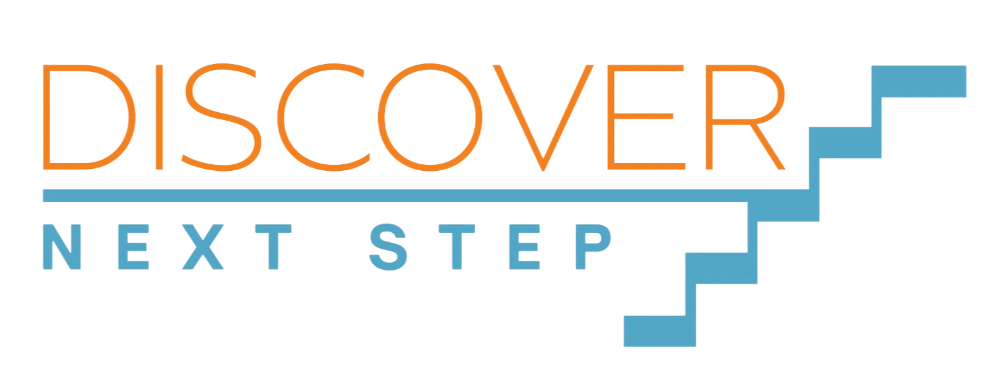3 Essential Steps to Avoid Burnout
Oct 18, 2022
I clearly remember my first ‘real’ job near Washington D.C. in 1989. It was an exciting time of independence, a new chapter, a cool job title and I won’t lie, a pretty nice paycheck. I knew it came with a 3-4 hour daily commute (on a good day), but the idea of a fresh start overlooked any downside.
This is how my workweek went:
Get up at 3:30am
On the road by 4:30am
Arrive work at 6:30am
Leave office at 3:30pm
Sit in traffic a little less than 2 hours (Traffic jam add 1-2 hours)
Dinner at 7pm
Tidy up around the house.
Get ready for the next day.
Crash in front of the TV.
In bed by 10pm.
3:30am - Do it all over again.
Exhausted from just reading this? Mind you, this was pre-marriage and pre-kids and my life as a government contractor in Crystal City, Virginia. And I wasn't alone in this, I've met numerous people, including health professionals, who have lived this life for 30+ years.
Interestingly, I didn’t dread my job itself. There were many things I enjoyed about it including the people I worked with. Yet it didn’t come without a cost – there were there trailing tasks that came with the job (you know, the things you don't think about when you accept that appealing offer). The stress was high, and I began to 'burn out' – it cost me sleep, health, a social life (which was virtually non-existent), and felt little sense of purpose.
Over time I started to feel less and less myself – and gave in to the growing demands and schedule of my work. I was not at best for those most important to me. I was stressed, exhausted, and struggled to be present even when I was with family. My response was to get busier and avoid the uncomfortable feelings, even though everything inside me was telling me to slow down.
Has that ever happened to you – you know you need to change something, but instead of dealing directly with it, you divert attention and ignore the issue? I felt misaligned and that something was ‘off’, but believed external factors were to blame. I didn't realize the contributing factor was more internal.
It wasn’t until I was willing to take a step back and reevaluate my life, that I realizes I lacked purpose and meaning. I hired a high-performance coach and decided to look at other career options. During those few months, I gained more clarity than I had in the last 15 years.
I took a bold step and decided to open up a consultant and coaching business after receiving my certification in executive coaching and training. I quickly found that running my own business did not make me immune to stress, and witnessed many of my clients fall prey to chronic stress and overworking.
While we obviously can’t remove all stressors from life, I do believe we can do certain things to start ending the cycle of burnout we sometimes find ourselves. We can begin to address our stress in healthier ways, and specific things I did to begin that process.
1. Get Curious. Socrates said it plain and simple. “Know thyself”. We all have blind spots, and when we ask questions from a place of curiosity – we begin to unlock the answers. Questions also immediately communicate to the brain to start seeking solutions. It could be simply asking yourself "What brings me joy?" and "How would my life be different if I took the time to take care of my needs?" or "What do I need to give myself permission to do today?". The key is to not just ask, but follow through with whatever answer you get back in return.
2. Create a Decision List. Often we know what decisions we need to make regarding our well-being yet we put them off for a multitude of reasons. When we delay or ignore our ‘gut’ feelings and commitments we’ve made to ourselves, we can lose confidence and motivation. Sometimes we can become resentful of our work or people, including ourselves. An exercise I sometimes use with my clients is to have them create a list of all the decisions (including little ones) they know they need to make. I have them go back through their list and cross out anything they aren’t willing to make or don’t have control over. Anything that is leftover, they create a timeline of when they'll put those decisions into action. Then they break them down into small, doable steps. This gives them the momentum they need to take other steps.
3. Know your purpose and mission. You may have a general sense of purpose, yet the more specific you can get, you're able to utilize your strengths to the fullest and share with others. If you’re wanting to explore some of the questions I’ve asked myself, here are 6 questions to know your purpose.
By getting curious, making critical decisions and being clear on my purpose, I’ve been able to combine my consulting, and leadership development with brain-based strategies to help organizations live out their purpose without the 'burnout'. With the support of others, like the Virginia Small Business and Development Center, which recently featured my business, we can build bridges with those around us to impact more people.
Are you needing a fresh perspective or looking for greater purpose at this stage in your life? If so – don’t let stress, the lack of time or even a daily commute hold you back from taking that next step. You can easily get started with these 6 questions to help you know your purpose.
_________________________
Barbara Gustavson, owner of Discover Next Step, equips people to develop their unique gifts and give themselves permission to step into their true calling in life. Barbara is a certified Personal Development and Leadership Coach and Amen Clinic Brain Health Coach. She is the author of Permission to be BOLD and co-author of Breaking Average: The Seven Critical Factors to Team Strong Leadership.

